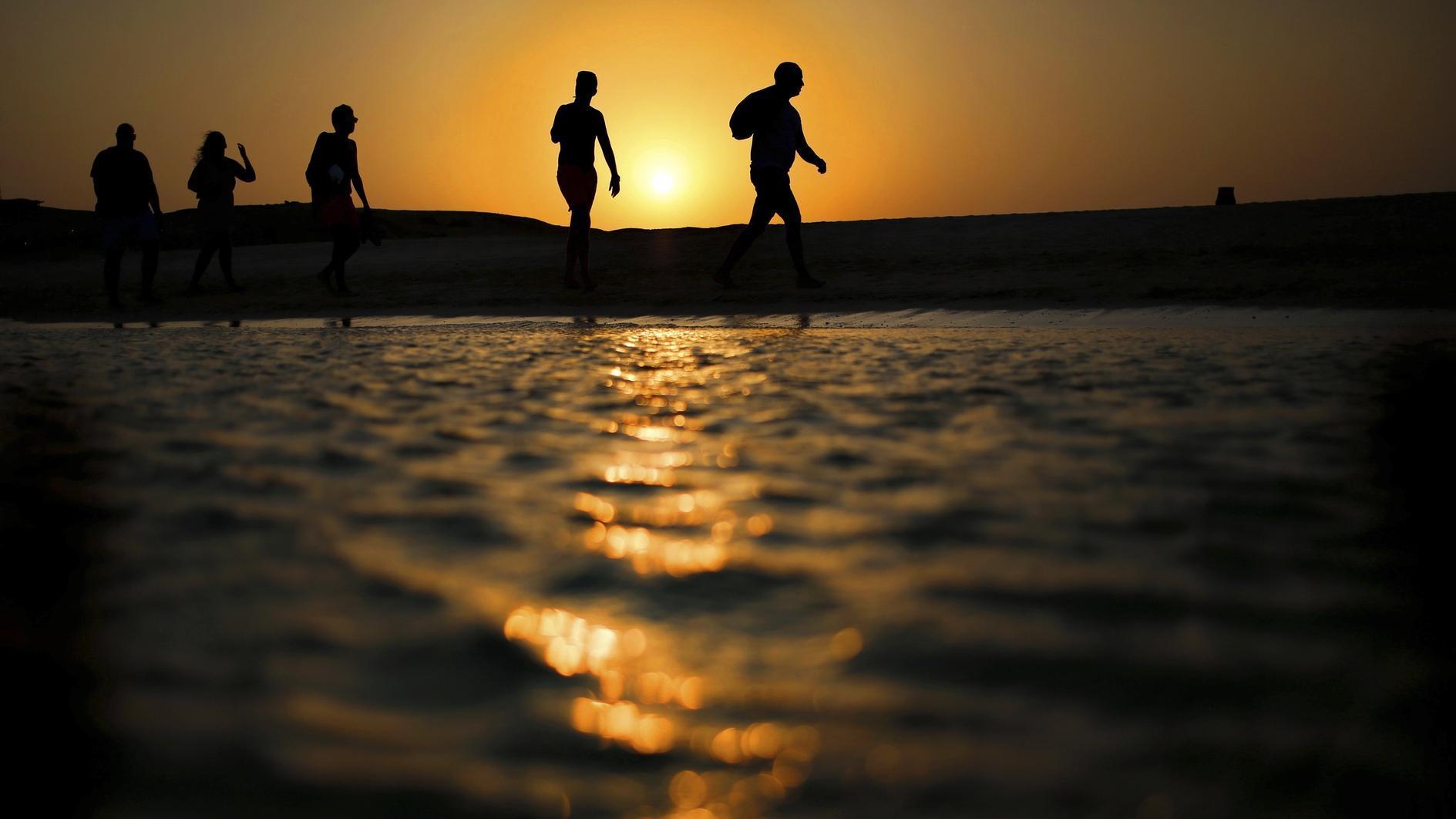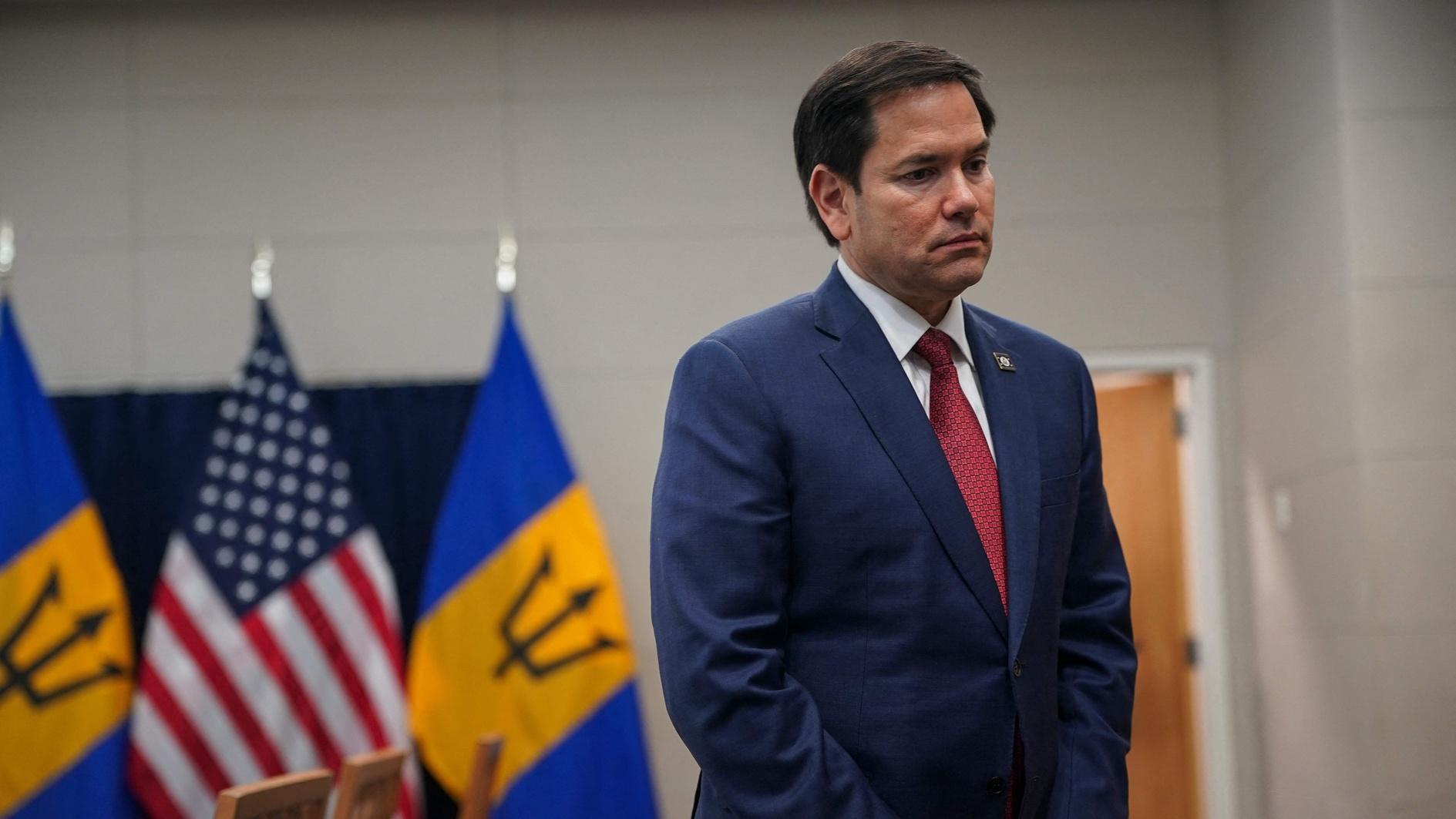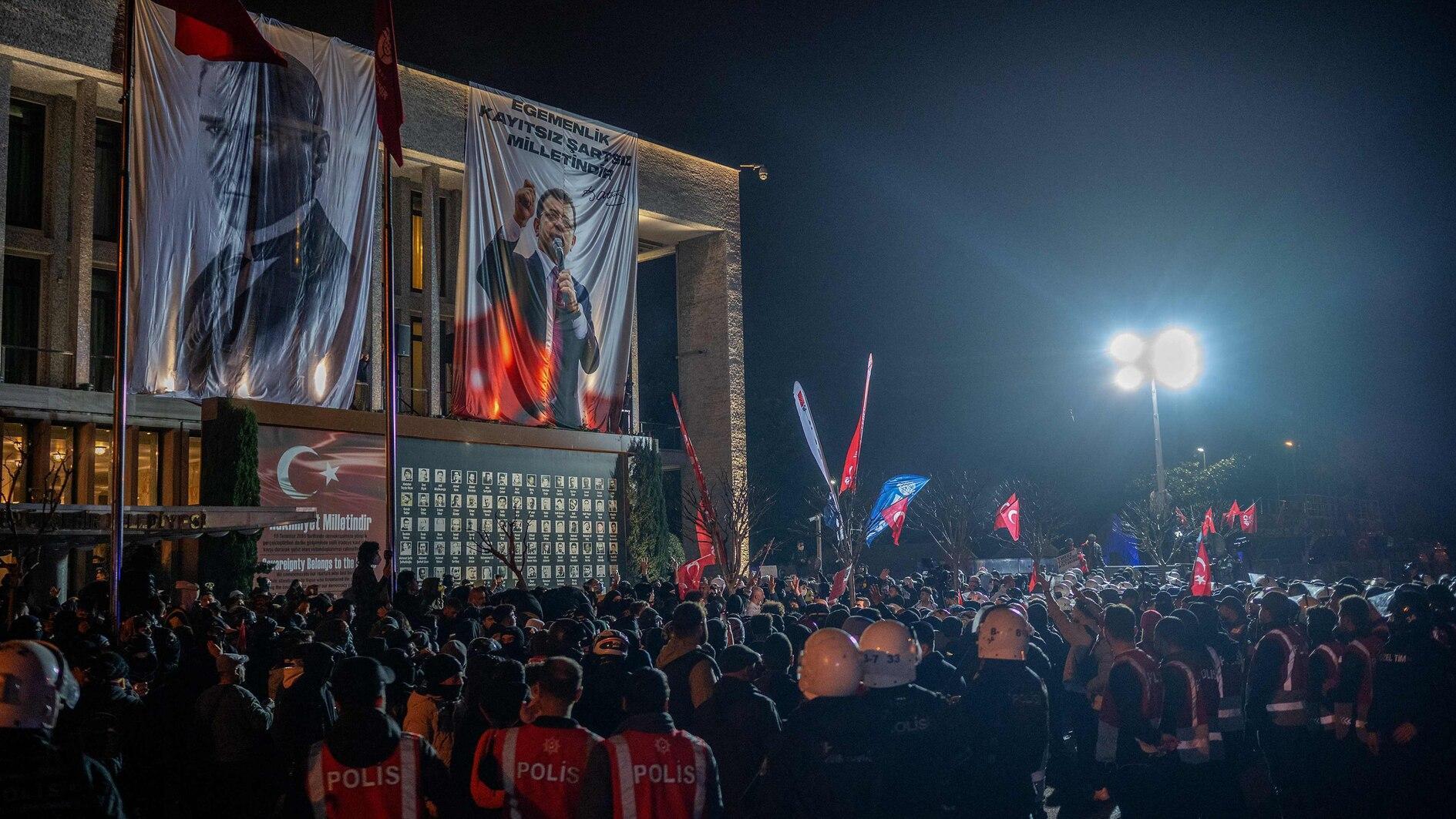If Erdoğan viewed Gezi differently
Şükrü Küçükşahin
Prime Minister Recep Tayyip Erdoğan and his friends are trying to turn the vulgar massacres of the coup administration in Egypt into a merciless propaganda to attack the Gezi protesters.Finally, a prime minister has reached a point where he is saying that some of his citizens will give flowers to the enemy in the case of an invasion of the country. What these words mean, which emotions they stand for, whoever understands it, please let us know.
However, a mentality which blames “the other” in each and every national and international issue, which does not feel the need to self-criticize and which always attacks is a sign of serious danger.
It is now crystal clear with the picture that has emerged that a government unable to maintain peace and democracy domestically will not be able to play an influential role in the region and in the world.
Whereas, the Gezi incidents had presented incredible opportunities to the government; they still do. The Gezi protestors were neither after a coup as in Egypt nor to topple the government out of the ballot box.
Their demands were nothing more than “Do not interfere with our freedom, our privacy. Do not dictate. As a tax-paying citizen, I have a say also.”
In order to show this, they demonstrated with every opportunity their respect for diversity.
They formed a circle of protection for those who were doing their Friday prayers. Those wearing a headscarf and those who were not, stayed side by side, saying, “We are together in the fight for freedom.” Iftar (fast-breaking dinner) was held at a cemevi (worship place for Alevis).
The news of an attack on a woman wearing a headscarf drew reaction from all segments; calls for “The offenders should immediately be found” poured like rain.
The muezzin protected the protesters who took shelter in the mosque; despite pressures to the contrary, they have stopped provocations by saying that “There was no disrespect toward the mosque.”
The Turk and the Kurd at the extremes set up tents side by side; they held hands while running away from gas.
Aylin Kotil, from the Black Sea, walked all the way from Istanbul to Ankara for the removal of the election threshold that mostly concerns the Kurds.
The environmentalist concern, the protection of the green strengthened at every segment in the country.
All those tough discourses about consumption of alcohol in the mosque, attacks on women wearing headscarves, Turkish flags being burned, that the 50 percent were barely held back in their homes; and the suggestion to “Report thy neighbor that bangs pots and pans,” did not meet any attention in the society; they did not create an excuse for new fights.
Many more such items related to the Gezi demonstrations can be listed one by one.
Interpreting demonstrations exactly the other way round, reading it backwards, the protests where steps were taken to remove many standoffs Turkey has been suffering for years; encouraging the trend toward a police state and getting tougher with the fear of “Their aim is a coup,” have only created the result of distancing from reality.
If the government reads the messages this way and proceeds on the way to meet them, then Turkey can in a very short time reach a stage none of us can even imagine.
Right then, Turkey would be both the best example of the Islam geography, the government desires so much, as well as the strongest leader.
In other words, the remedy is not empowering the anger but empowering democracy.
Turkey has to live this change, and for this, first of all it has to immediately move away from fights and instigating fights.
In this context, the news that voices of common sense are rising to say that the thought of installing police in universities should be given up before schools start.
The hope is slim but we wish the prime minister and his associates to head toward this direction.
Şükrü Küçükşahin is a columnist for daily Hürriyet in which this piece was published July 29. It was translated into English by the Daily News staff.











